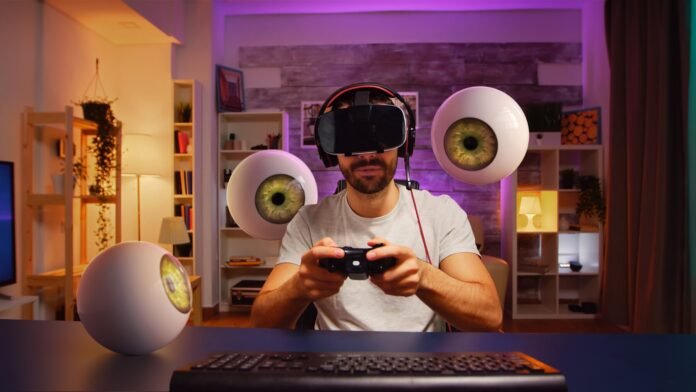Introduction
GitHub games widely known as a platform for hosting and collaborating on code, has also become a vibrant space for game development and experimentation. Over the years, a growing community of indie developers, hobbyists, and even students have used GitHub to showcase and share a vast range of games—from simple browser-based mini-games to full-fledged game engines. These open-source projects often invite collaboration, education, and innovation, allowing anyone with interest and some programming knowledge to contribute to or learn from real-world code. Whether you’re a developer, a gamer, or simply curious about how games are made, GitHub offers a fascinating world of creative possibilities.
1. The Rise of Open-Source Game Development
However, with the rise of open-source culture and platforms like GitHub, independent developers have gained access to tools and collaborative opportunities that were once out of reach. Open-source game development means that not only is the final product available to the public, but the entire process—artwork, design, code, and testing—is transparent and accessible. Developers can take existing games, improve upon them, or create completely new ones using shared codebases. This collective approach has resulted in a wide variety of games flourishing on GitHub game from 2D platformers to AI-driven puzzle games.
2. Popular Games and Projects Hosted on GitHub
Many successful and influential games began as small open-source projects on GitHub. Some, like “2048”, have been cloned and remixed thousands of times, leading to educational variants, mobile versions, and even multiplayer adaptations. In addition, tools like Godot Engine, a fully-featured game engine that competes with Unity and Unreal, are themselves hosted on GitHub and developed openly with the help of global contributors. These projects provide a springboard for new developers to engage with working game environments and understand the underlying architecture of professional-grade games.
3. Learning Game Development Through GitHub
For beginners, GitHub is a goldmine of educational content. Many repositories include well-commented code, documentation, issue tracking, and community discussions that provide insight into game design and programming logic. Tutorials often accompany repositories, breaking down complex concepts such as sprite animation, physics engines, pathfinding algorithms, or multiplayer networking. By exploring these open-source projects, learners can gain hands-on experience and build a portfolio of contributions, which can be beneficial for careers in both software development and game design. The act of contributing also reinforces best practices in version control, collaboration, and modular programming.
4. Community Collaboration and Game Jams
One of the most exciting aspects of GitHub games is the way they foster community collaboration. Many games on GitHub are the result of “game jams”—short, intensive events where developers come together to create a game in a limited time frame, often with specific themes or constraints. Participants use pull requests, branches, and issues to coordinate efforts and track progress. After the jam, the code remains available for others to study, fork, or expand upon. This model not only supports experimentation but also builds lasting communities around particular genres, engines, or ideas. Many contributors start as players or observers and gradually become active developers through participation.
5. Hosting and Playing GitHub Games
Another appealing aspect of GitHub is the ease with which games, especially web-based ones, can be hosted and played directly from a repository using GitHub Pages. With just a few settings, a developer can turn their HTML5/JavaScript game into a playable demo accessible from any browser. This low-friction access allows developers to gather feedback quickly, showcase their work to potential employers or funders, and iterate based on user input. For gamers, GitHub can serve as a unique discovery platform, offering access to experimental or niche games not available on mainstream app stores. By simply cloning a repository and running a game locally, players can enjoy a unique and often educational experience, and even modify the game to their liking.
6. The Future of GitHub Games
As technology continues to evolve, the role of GitHub in game development is likely to expand. With advances in AI, virtual reality, and cross-platform tools, more developers are choosing open collaboration over closed development. The introduction of tools like GitHub Copilot, which helps write code using AI, and deeper integrations with CI/CD pipelines, make it easier than ever to develop, test, and deploy games. As younger generations learn programming through platforms like GitHub, we may see an increase in grassroots innovation and a new wave of creative, accessible, and inclusive games that challenge the norms of commercial gaming.


